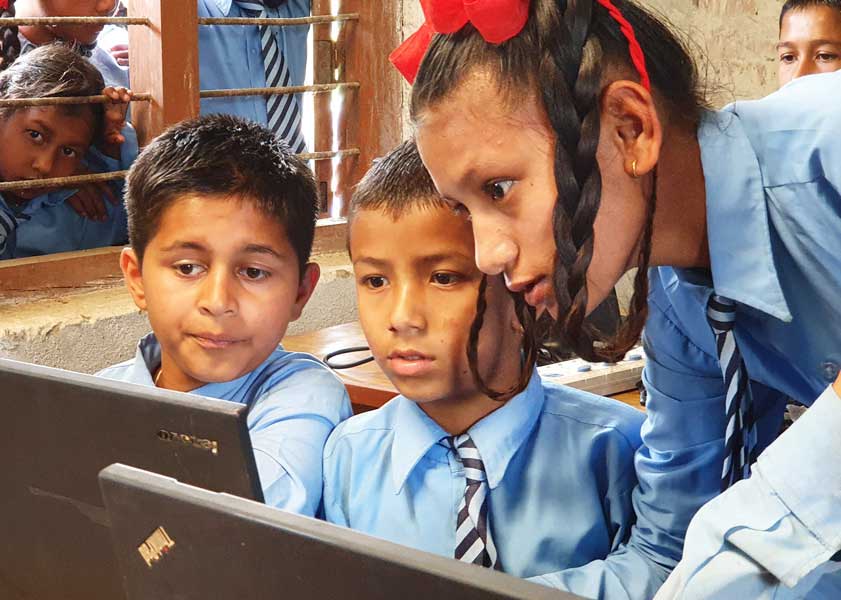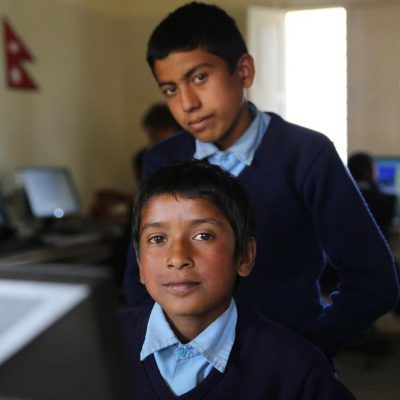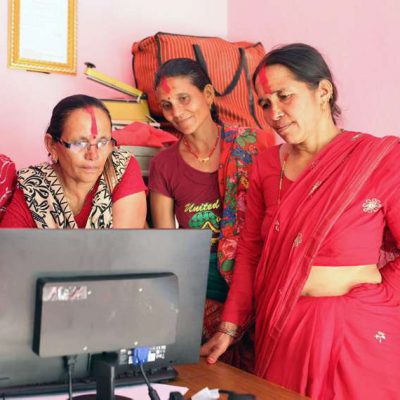We provide computers, the internet, education programs and ensure that we have motivated teachers and professionals involved in our projects.
Information technology can complement, enrich and transform education in a positive way. UNESCO has promoted international efforts to help countries understand the role such technology can play to accelerate progress towards one of the UN’s Sustainable Development Goals – a quality education. According to the UN Qingdao Declaration (2015), to achieve the goal of inclusive and equitable quality education and life long learning by 2030, these technologies must be harnessed to strengthen education systems, knowledge dissemination, information access, quality and effective learning, and more efficient service provision.






